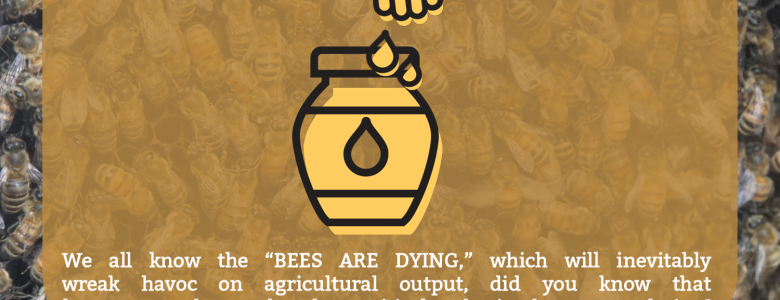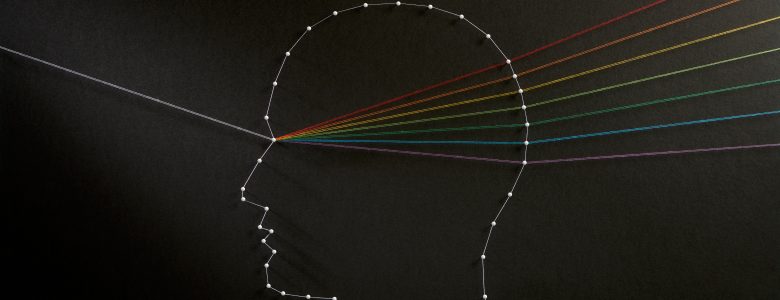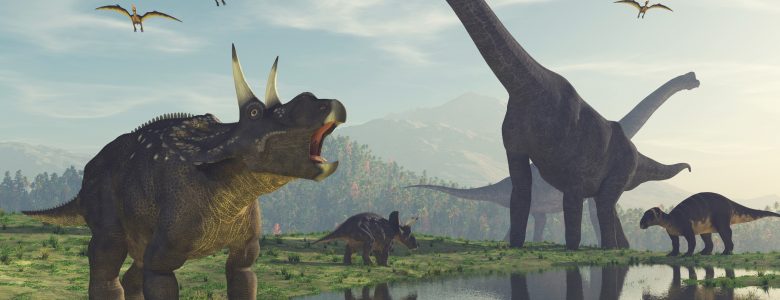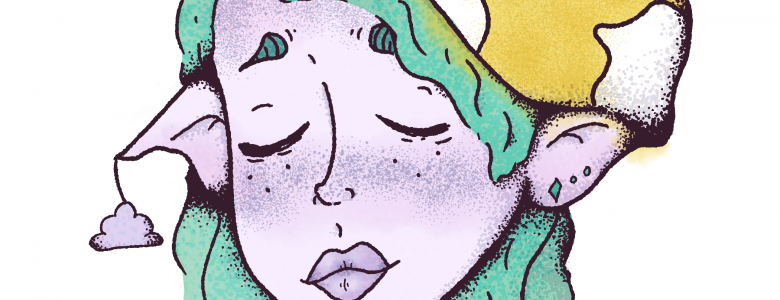January 16, 2021
What Happens to Your Blood After it’s Tested?

After you’ve been pricked, prodded, and poked, pretty, little, crimson vials of your blood are shipped off to a lab, never to be seen again.
But what happens after it’s been tested? Is your blood fed to vampires in government warehouses to keep them from prowling the streets and feeding on people? Is it stored away in towering, futuristic refrigerators along with thousands of other samples for further experimentation?








